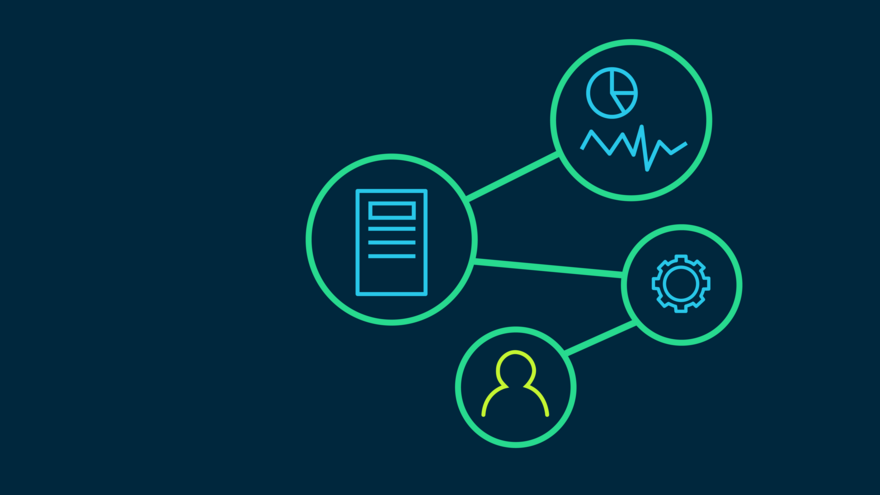Half of people in England have access to digital healthcare
Around half of adults in England now have access to digital healthcare, according to the latest statistics from NHS Digital.
NHS login, the service which supports the NHS App, now has almost 28 million users – up from around 2.2 million in September 2020.
Londoners were the biggest users of NHS login in August – 20.3% of users were based in London.
Those aged 20-29 were the biggest users by age in August, followed by 30-39 and 40-49.
Government announces deal to secure COVID-19 antivirals
The Government has said thousands of vulnerable patients could be taking COVID-19 antivirals this winter after it announced deals to secure two new treatments.
The deals, made by the Antivirals Taskforce, reflect the Government's ambition to secure at least two new effective treatments for those who have tested positive for, or been exposed to, COVID-19 by the end of the year.
If approved by the Medicines and Healthcare products Regulatory Agency (MHRA), the antivirals are expected to given to those most at risk of the virus.
Healthcare access challenges for prisoners
A new report by Nuffield Trust aims to create a better understanding of healthcare access challenges for prisoners.
It considers new evidence relating to pre-existing health conditions before prison, the use of remote consultation, different ethnic groups' use of health services and the early impact of COVID-19.
Nuffield Trust says the new analysis shows many of the challenges identified in the 2020 report, such as access to services, are long-term problems that still need addressing.
Further decline seems to have occurred during the pandemic although the full impact of COVID-19 on prisoner health is yet to be understood.
Event: Tackling barriers to co-production
A free webinar will offer the opportunity to discuss how to tackle the barriers to co-production for small charities.
Organised by Clore Social Leadership, the one-hour event takes place on 11 November.
The panel and delegates will discuss the barriers to co-production for both organisations and those with lived experience and how they might be overcome.
Click on the link below for more information and to book your place.
Study: Online feedback on public healthcare
A new study explores the relationship between online feedback and care improvement from the viewpoint of patients and family members.
Interviewees saw online feedback as a conversation between users and healthcare providers which was, in itself, an improvement in care, as well as having the potential to bring about tangible improvements.
Vital to this was the premise that providing feedback was an enactment of care for patients, families, healthcare professionals and healthcare itself.
The authors say this 'caring for care' conceptualisation moves online feedback beyond the dominant framing of 'choice' and embeds it into pre-existing healthcare systems.
Emotional Support Matters project launched
The ALLIANCE, in partnership with the Mental Health Foundation, has announced a new project aiming to improve mental health among those with long-term conditions.
The Living Well: Emotional Support Matters project will support eight charities working with people who are living with conditions including diabetes, cardiovascular disease, cancer, MS, and arthritis.
PIF member Versus Arthritis is one of the charity partners.
NICE expected to publish guideline on ME/CFS
NICE is expected to publish its guideline on the diagnosis and management of myalgic encephalomyelitis (or encephalopathy)/chronic fatigue syndrome (ME/CFS) this week.
In a statement on 20 October, NICE said the guideline would be published following a meeting of its Guidance Executive.
The announcement followed a roundtable meeting involving representatives from a range of patient and professional organisations, to discuss concerns raised about some aspects of the guideline which led to publication being paused.
Study: Older adults' willingness to share self-collected data
A new study aims to analyse the extent to which older adults use mobile health tracking tools in everyday life and their willingness to share the collected health-related data.
Of the 1,149 people aged 65 or older surveyed, 75% had at least one mobile device and 22.9% used health-related apps.
Participants were more likely to share their data with doctors than with researchers or insurance companies.
Authors concluded the results supported the promotion of mHealth adoption among older adults by developers and policy makers.
COVID-19 medical exemptions for care home workers
Claire Armstrong, Director of Adult Social Care Delivery and COVID-19 Response, has provided more details on COVID-19 medical exemptions for care home workers.
The letter includes details of the self-certification medical exemption and the new clinically reviewed medical exemption process.
By 24 December, anyone working or volunteering in a care home will need to be able to prove one of the following even if they have previously self-certified as exempt on medical grounds:
- They have a clinically-reviewed medical exemption
- They are fully vaccinated
- They have self-certified as exempt because they have been vaccinated overseas
Helping someone to get online
PIF member Independent Age has a simple guide on how to help someone get online.
The website page is designed for those who want to help a friend or relative start using the internet for the first time.
It includes step-by-step advice and links to further support.
Event: Transforming care for people with long-term conditions
The King's Fund is hosting a free online event exploring how the collaborative working seen during COVID-19 can be embedded to support people with long-term conditions.
The webinar takes place from 1pm on 8 November.
Speakers will identify the challenges and opportunities people with long-term conditions face in securing good-quality, person-centred care and the role of innovation.

